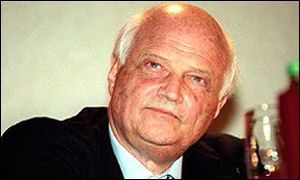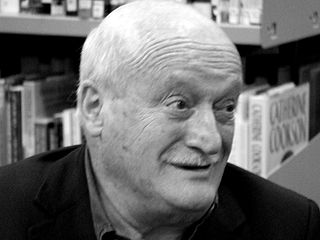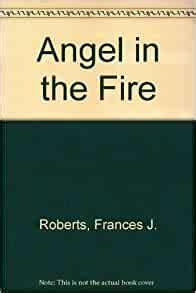A Quote by George Santayana
Sex endows the individual with a dumb and powerful instinct, which carries his body and soul continually towards another, makes it one of the dearest employments of his life to select and pursue a companion, and joins to possession the keenest pleasure, to rivalry the fiercest rage, and to solicitude an eternal melancholy. What more could be needed to suffuse the world with the deepest meaning and beauty?
Related Quotes
None has more frequent conversations with a disagreeable self than the man of pleasure; his enthusiasms are but few and transient; his appetites, like angry creditors, are continually making fruitless demands for what he is unable to pay; and the greater his former pleasures, the more strong his regret, the more impatient his expectations. A life of pleasure is, therefore, the most unpleasing life.
It is as the father of the Encyclopedia that Denis Diderot merits eternal recognition. Guilty as he was in almost every relation of life towards the individual, for mankind, in the teeth of danger and of infidelity, at the ill-paid sacrifice of the best years of his exuberant life, he produced that book which first levelled a free path to knowledge and enfranchised the soul of his generation.
It is God's earth out of which man is taken. From it he has his body. His body belongs to his essential being. Man's body is not his prison, his shell his exterior, but man himself. Man does not "have" a body; he does not "have" a soul; rather he "is" body and soul. Man in the beginning is really his body. He is one. He is his body, as Christ is completely his body, as the Church is the body of Christ
The essential facts are known. We know of the weapons in Saddam's possession: chemical, biological, and nuclear in time. We know of his unequaled willingness to use them. We know his history. His invasions of his neighbors. His dreams of achieving hegemonic control over the Arab world. His record of anti-American rage. His willingness to terrorize, to slaughter, to suppress his own people and others. We need not stretch to imagine nightmare scenarios in which Saddam makes common cause with the terrorists who want to kill us Americans and destroy our way of life.
Mass democracy, mass morality and the mass media thrive independently of the individual, who joins them only at the cost of at least a partial perversion of his instincts and insights. He pays for his social ease with what used to be called his soul - his discriminations, his uniqueness, his psychic energy, his self.
Symbols are specific acts or figures, while myths develop and elaborate these symbols into a story which contains characters and several episodes. The myth is thus more inclusive. But both symbol and myth have the same function psychologically; they are man's way of expressing the quintessence of his experience - his way of seeing his life, his self-image and his relations to the world of his fellow men and of nature - in a total figure which at the same moment carries the vital meaning of this experience.
The relation of the soul to the body is like that of a house to its bricks. The soul is a principle of organisation, which governs the flesh and endows it with meaning. It is no more separable from the flesh than is the house from its bricks, even if the soul may survive the gradual replacement of every bodily part.
There is also a third kind of madness, which is possession by the Muses, enters into a delicate and virgin soul, and there inspiring frenzy, awakens lyric... But he, who, not being inspired and having no touch of madness in his soul, comes to the door and thinks he will get into the temple by the help of art - he, I say, and his poetry are not admitted; the sane man is nowhere at all when he enters into rivalry with the madman.
ONLY in the release of the seen do you lay hold on the unseen, My little one. Heaven waits for those who are no longer bound to earth. The degree to which bondages are exchanged for liberties while still in the flesh is in proportion to the extent to which eternal values are held in higher esteem that worldly success and possessions. If a man loves Me, he will hold his soul more precious than his body and will pursue holiness at the expense of wealth; for to follow after that which perishes is to forfeit the prize of the high calling in Christ.
Each individual composes the music of his own life. If he injures another, he brings disharmony. When his sphere is disturbed, he is disturbed himself, and there is a discord in the melody of his life. If he can quicken the feeling of another to joy or to gratitude, by that much he adds to his own life; he becomes himself by that much more alive. Whether conscious of it or not, his thought is affected for the better by the joy or gratitude of another, and his power and vitality increase thereby, and the music of his life grows more in harmony.







































